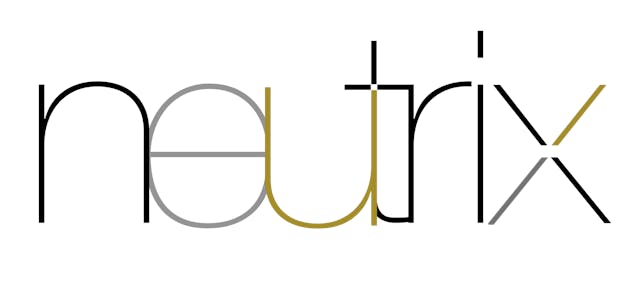From Spears to Silicon: How Technology Frees Time and Accelerates Human Progress
by Justin Dabish | June 30, 2025

Human history can be read as the story of borrowed hours. Each major leap in technology has handed people back a slice of their day. With every recovered hour, minds turned from survival toward imagination. The result has been an accelerating chain of breakthroughs, each one shrinking the gap to the next. Today artificial intelligence sits at the newest link, promising another surge in free time and creative potential.
1. The Hunter Gatherer Clock
For tens of thousands of years daily life revolved around chasing herds, foraging berries, and starting fires before dark. Survival tasks consumed nearly every waking moment. When daylight faded so did productivity. Spare time for complex thought was rare, and innovation moved glacially.
2. Agriculture: Time in the Barn
Around twelve thousand years ago farming began to replace roaming hunts. One family on a small plot could feed many. The hours once spent tracking prey shifted to tending crops, a lighter load spread across seasons. Freed time sparked permanent villages, specialized trades, and the first recorded science. Writing emerged, politics formed, and the pace of innovation quickened.
3. The Industrial Age: Machines as Multipliers
Steam engines and factory lines multiplied human muscle. Tasks that had required whole crews could be done by a single operator pulling a lever. Production soared while labor hours per unit dropped. With more leisure, inventors and workers alike pursued fresh ideas, launching railroads, telegraphs, and mass education. Each invention shortened the development cycle for the next.
4. Electricity: Nights Turn to Days
Electric light uncoupled productivity from daylight. Motors replaced manual cranks, and household appliances trimmed hours from daily chores. The extra evening hours did not lie idle. They went into radio, cinema, and a growing culture of after‑work creativity that fueled everything from jazz to quantum theory.
5. The Internet: Distance Disappears
The web collapsed space. Research that once lived in distant libraries arrived in milliseconds. Commerce left the store and entered the browser. Ordering groceries or parts turned from a multi‑hour errand into a five minute click. Each saved minute became new space for coding, design, and global collaboration. Startup cycles compressed, and digital products leapt from idea to worldwide launch in months, not years.
6. Artificial Intelligence: The New Time Dividend
AI now drafts text, writes code, designs graphics, and parses data in seconds. What demanded a full workday yesterday takes an afternoon today and will take minutes tomorrow. As repetitive mental work fades, human attention shifts toward strategy, empathy, and creativity. The result will be an unprecedented sprint of innovation. People once blocked by skill gaps or resource limits will prototype ideas that used to belong only to large teams.
7. The Compounding Effect
Each technological layer stacks on the last. Farming made cities possible, industry scaled farming, electricity powered industry, the internet linked every node, and AI accelerates them all. Free time compounds like interest. The more hours technology returns to humanity, the faster humanity invents the next time saving tool.
8. Looking Ahead
Soon a farmer with drones, sensors, and AI models will manage acres once requiring dozens of laborers. A high school student will draft an app in a weekend that might have taken a full development team a decade ago. Entire fields will emerge, built on hours liberated by earlier breakthroughs.
This does not mean life will become effortless. Choice fills any vacuum. The question is how we direct the surplus time. History shows that when people gain hours they fill them with curiosity, art, enterprise, and discovery. There is every reason to believe that pattern will hold.
Overal...
Technology is not just a collection of tools. It is a rhythm that returns minutes to our days and then challenges us to dream bigger. From spears to silicon, each advance has widened the horizon of possible thought. Artificial intelligence is only the latest chapter in a long story that says the same thing: the more time we win back, the further we can see, and the faster we can move toward the next horizon.
Tags: Life,Technology,Business




